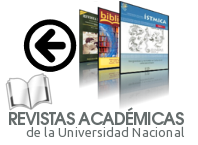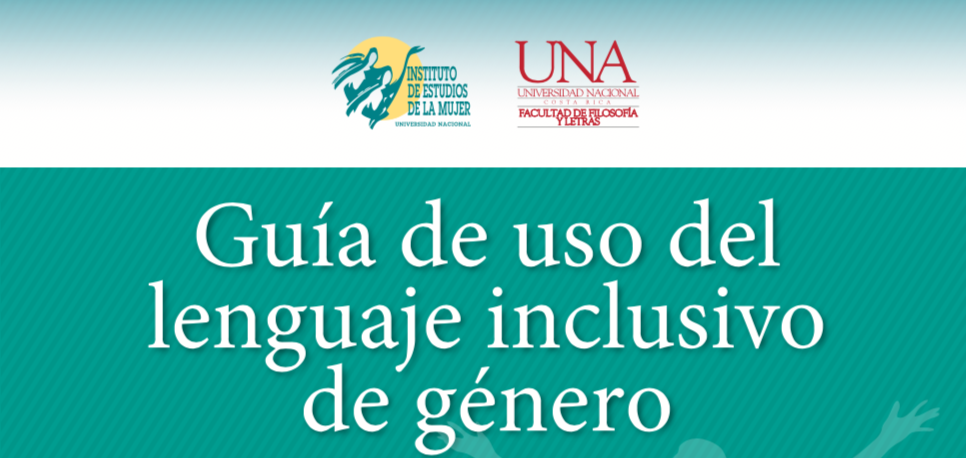SOCIAL FRACTURES AND IDEOLOGICAL CHIAROSCURO: COSTA RICA IN THE SECOND GOVERNMENT OF ACCIÓN CIUDADANA
DOI:
https://doi.org/10.15359/praxis.78.5Keywords:
Costa Rica, political parties, social structure, ideology, social controlAbstract
The start of the Acción Ciudadana Party’s second term, in the government of Costa Rica, is preceded by significant changes. In this article, we will approach three aspects: first, the effects, on society, of the interrelation between the local economy and the transnation- alization of capital; second, the gaps associated with the crisis of ideological thought and the continuity of conservatism; and, finally, the decline of the stabilizing role of the middle strata, both socially and politically. In this correlation of factors, we analyze the weakening of civil society and the social, political, cultural and territorial fractures that divide Costa Rica into very unequal societies. The background of these rearrangements is not only economic and political but ideological; neoliberalism is strengthened as a complex of doctrines that guide economic logic, but also the adhesion of these creations to ideological elaborations that condition collective sensibilities (deterioration of social cohesion, disaffection with institutions and messianic reenchantment of the masses).
References
Bell, D. (2015). El final de las ideologías. Sobre el agotamiento de las ideas políticas en los años cincuenta. Madrid: Alianza Editorial.
Naciones Unidas, CEPAL, OIT. (2013). Coyuntura laboral en América Latina y el Caribe: desafíos e innovaciones de la formación profesional. Santiago: CEPAL.
Naciones Unidas, CEPAL, OIT. (2017). Coyuntura Laboral en América Latina y Caribe. La transición de los jóvenes de la escuela al mercado laboral. Santiago: CEPAL. Obtenido de https://www.ilo.org/wcmsp5/groups/public/---americas/---ro-lima/---sro-santiago/ documents/publication/wcms_584365.pdf
PNUD. (2017). La desigualdad en Costa Rica y el cumplimiento de la Agenda 2030 para el Desarrollo Sostenible. San José: FLACSO y PNUD.
Programa Estado de la Nación. (2009). Decimoquinto Informe Estado de la Nación en Desarrollo Humano Sostenible. San José: Programa Estado de la Nación.
Programa Estado de la Nación. (2014). El desarrollo humano en perspectiva comparada (1994-2013). San José: Programa Estado de la Nación.
Robinson, W. (Noviembre de 2017). ¿La Próxima Crisis Económica? Capitalismo Dig- ital y Estado Policiaco Global,. ALAI. Obtenido de https://www.alainet.org/es/ articulo/189343
Rosales, R. (2015). “Elecciones en Costa Rica 2014: El aparente giro hacia el progresismo de izquierda mediante el triunfo del Partido Acción Ciudadana y el ascenso del Frente Amplio". Anuario CIEP, Universidad de Costa Rica, vol 6: 155-175, 2015, 155-175.
Solís, M. (1992). Costa Rica: ¿Reformismo socialdemócrata o liberal? San José: FLACSO Costa Rica.
Wallerstein, I. (2004). Impensar las ciencias sociales. Los límites de los paradigmas decimonónicos. México: Siglo XXI Editores.
Xirinachs, Y. (2017). Costa Rica a 10 años del CAFTA. Efectos sobre las Exportaciones, la Inversión Extranjera Directa y el Consumo Privado. San José: Proyecto Estado de la Nación; CONARE.
Downloads
Published
How to Cite
Issue
Section
License
La revista trabaja bajo la Licencia Creative Commons Atribución-NoComercial-CompartirIgual 4.0 Internacional; apartir de la publicación número 79 (2019); en publicaciones anteriores se trabajaba bajo una Licencia Atribución- No Comercial- Sin Derivadas 4.0 Internacional.







